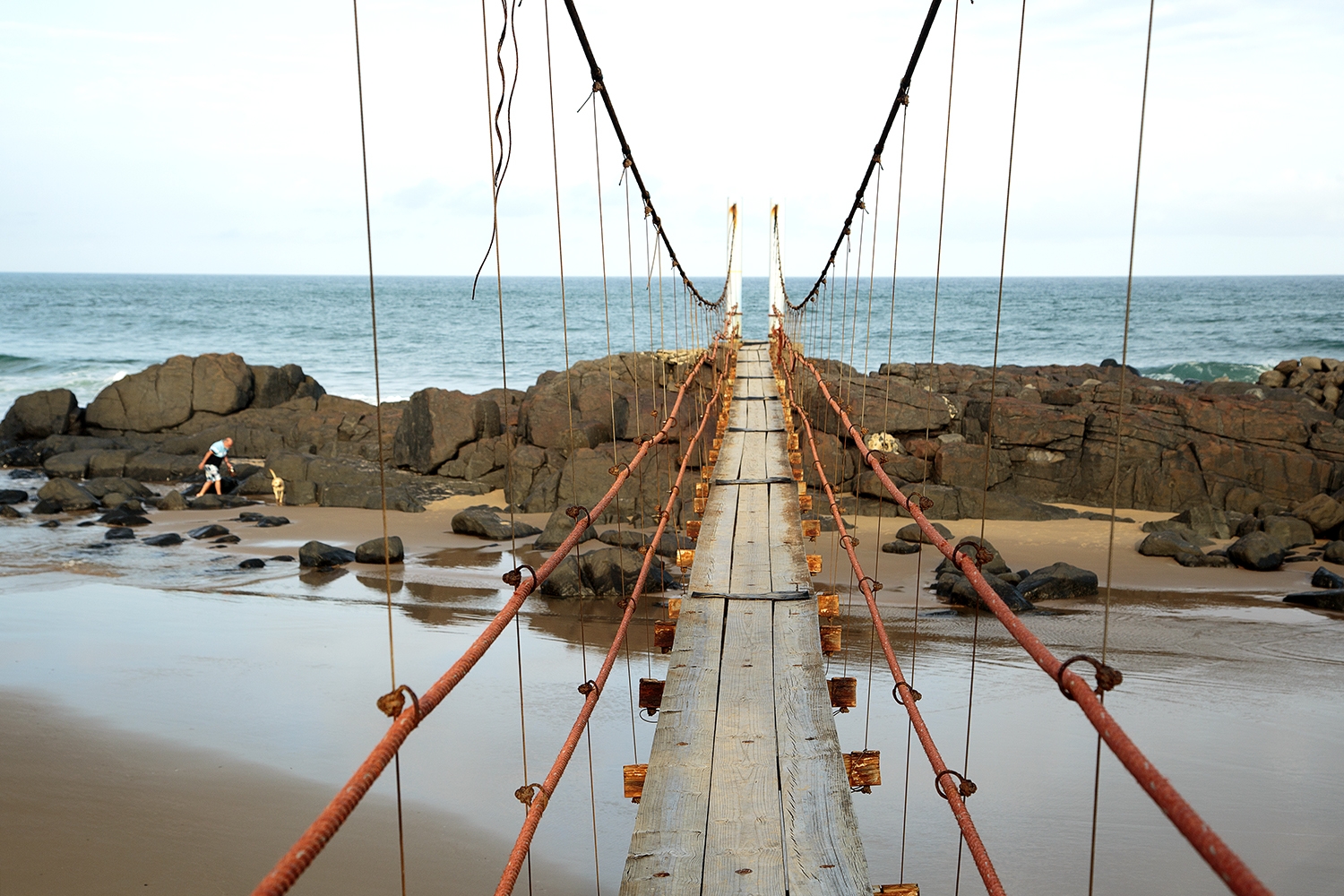Tranquil Transkei - Mazeppa Bay Revisited

Promises made have to be kept. That’s a golden rule. Melissa, our niece, took up a position as a Dietician at a rural hospital in the Transkei. We applauded her for her decision to spread her wings, step out of her comfort zone and make a lifetime of memories.


At Christmas time in 2019, we solemnly promised we would visit her in May 2020. At the time, Covid19 had other plans as it started its killing spree in Wuhan City, China. As soon as our travel restrictions lifted, we let Melis know we’d be on our way.














The most beautiful cattle in the world, Nguni, indigenous to South Africa, roam freely and are often seen grazing along the roadside, it would be unusual not to spot a herd of Nguni on the beaches. These hardy animals have adapted to the climate and often steep inclines they have to traverse.

Butterworth is a vibrant, bustling town, much of the informal trade takes place on the pavement where shoppers haggle and catch up socially. Here traffic is slow going, but very good for travel photography.



Nguni roam freely, as do goats, other breeds of cattle, sheep, horses, and dogs, which often stop or slows down traffic to a snail’s pace. We made our 260km trip in 7 hours: a long but enjoyable day. At last, we saw the blue horizon and knew we’d be descending to Mazeppa Bay and Melissa.


Mazeppa Bay Hotel is an institution, and holidaymakers return there annually to relax, fish, swim, hike, mountain bike or to just chill out. On our first holiday, the hotel was still a country Inn with accommodations in Rondawels, a children’s dining room, sitting room, dining room, pub, and veranda. The musty rondavels are still there, but a new double-storey wing has been added to accommodate more guests. Children now dine with their parents, the three course dinner menu has largely remained the same as did the English breakfast. An A la carte lunch can be enjoyed on the veranda. The hamburgers were jolly good.

Mazeppa Bay’s iconic suspension bridge is a landmark, and everyone knows it should you mention Mazeppa Bay. The Hotel sits camoflaged by wild banana trees, gigantic strelitzia bushes, palm trees and other indigenous trees.





There are a few holiday maker’s cottages adjacent to the Hotel and long stretches of white sand. No people and endless green Kikuyu lawns velvety coverings on the undulating hills and dunes. Of course you might find a herd of cattle on your way.







Beach towels, flip flops, surfboards, boogie boards, fishing rods, wetsuits, and bikini's line the outdoor passages' walls and balustrades. Barefoot toddlers play in the sand, and young boys rev up their four-wheelers to zip along to their favourite fishing spots. Gilly's still assist and cast a line.



At sunset everyone returns suntanned, exhausted and gloriously happy. A few return with their catch of the day. When the sun sets over the dunes in the west, as the tides come in and go out, we all relaxed and felt the year's tensions slide off our weary shoulders.


Melissa's story isn't mine to tell; suffice it to say that she's a remarkable young woman, brave, bright, enthusiastic, determined, ambitious and one of my hero's. Imagine packing up a few of your belongings and heading off into a world unknown. She was one of many frontline workers at the hospital, and she saw first hand how devastating Covid19 is. Alone, in isolation, in a one bedroomed rondavel, she sat out our Covid restrictions, uncomplainingly. It was a privilege to spend time with her and to experience a fraction of the year she had. It was only when I got there that I comprehended her Mother's anxiety and her instinctive need to return every few months to visit her daughter. While at Talafofefi, Melissa established a playroom for the children who visit the hospital and often spend weeks there. Bravo, Melis, you're an example and inspiration. In all her communications, I never saw/heard her spirits wearying. Well done, you made a difference.


PS. we thought the land adjacent to the Hotel would be the perfect spot to Wild Camp if you're able to survive off the grid completely making do with no fascilities.


Please check with Trennerys reception to Pont/ Ferry Closing Times:
September to April: 07h00 -18h00
May to August: 07h00 -17h30
MAZEPPA BAY, WILD COAST, EASTERN CAPE, SOUTH AFRICA














